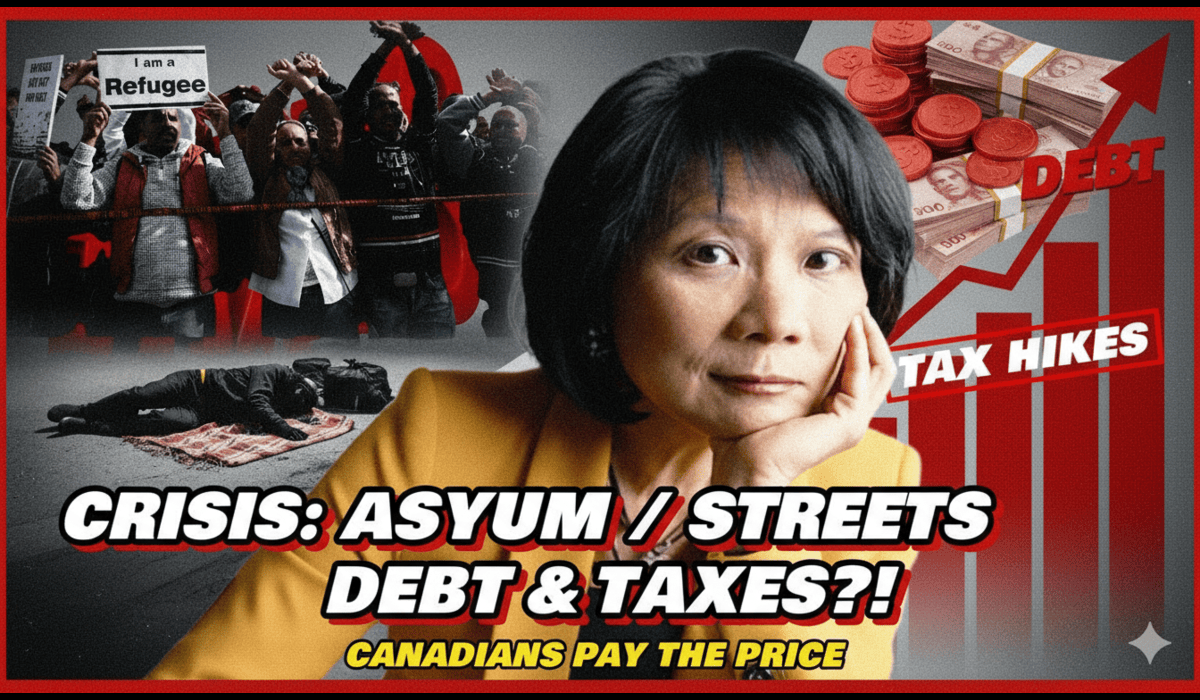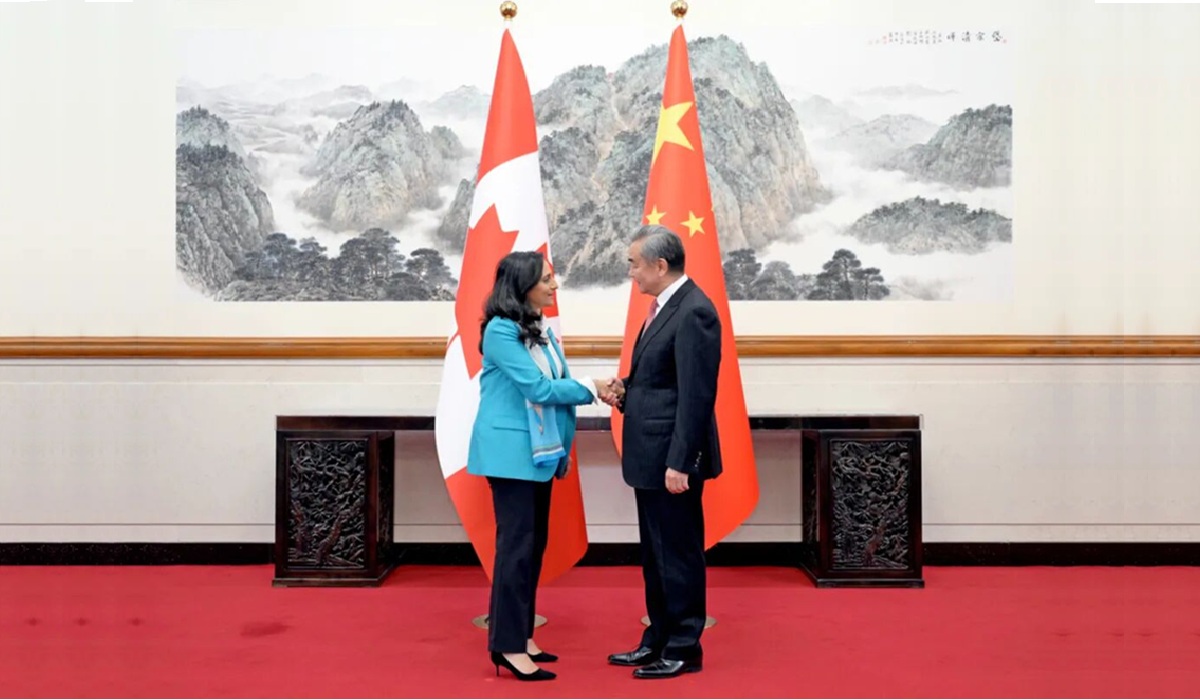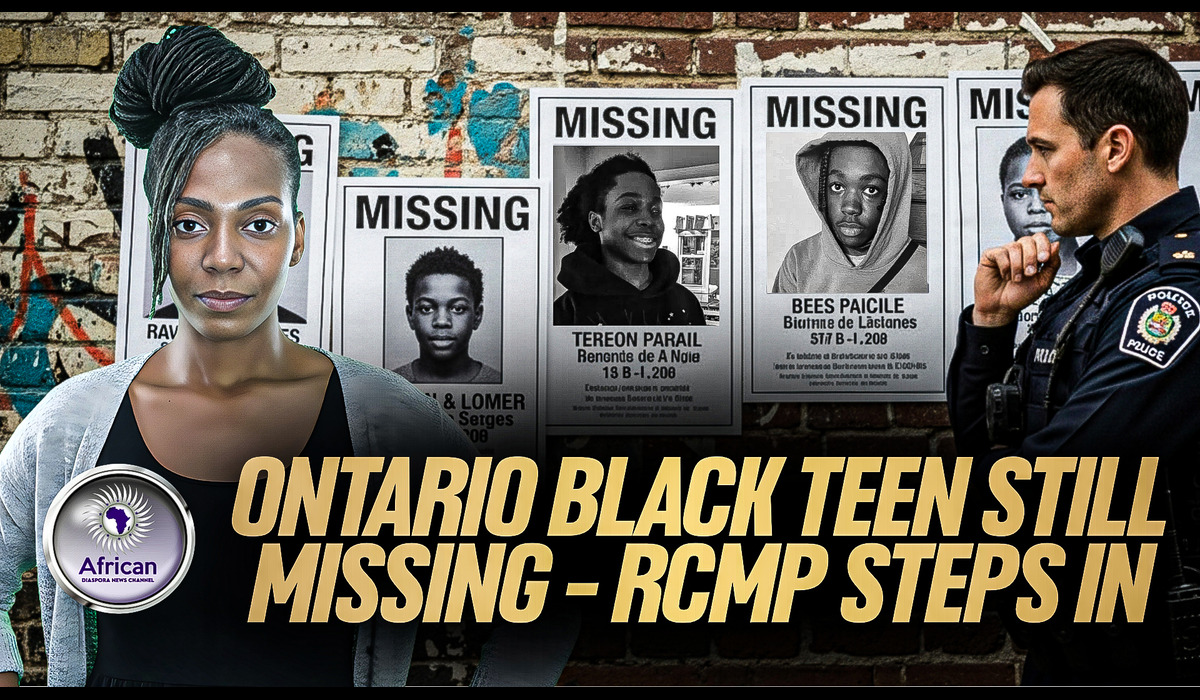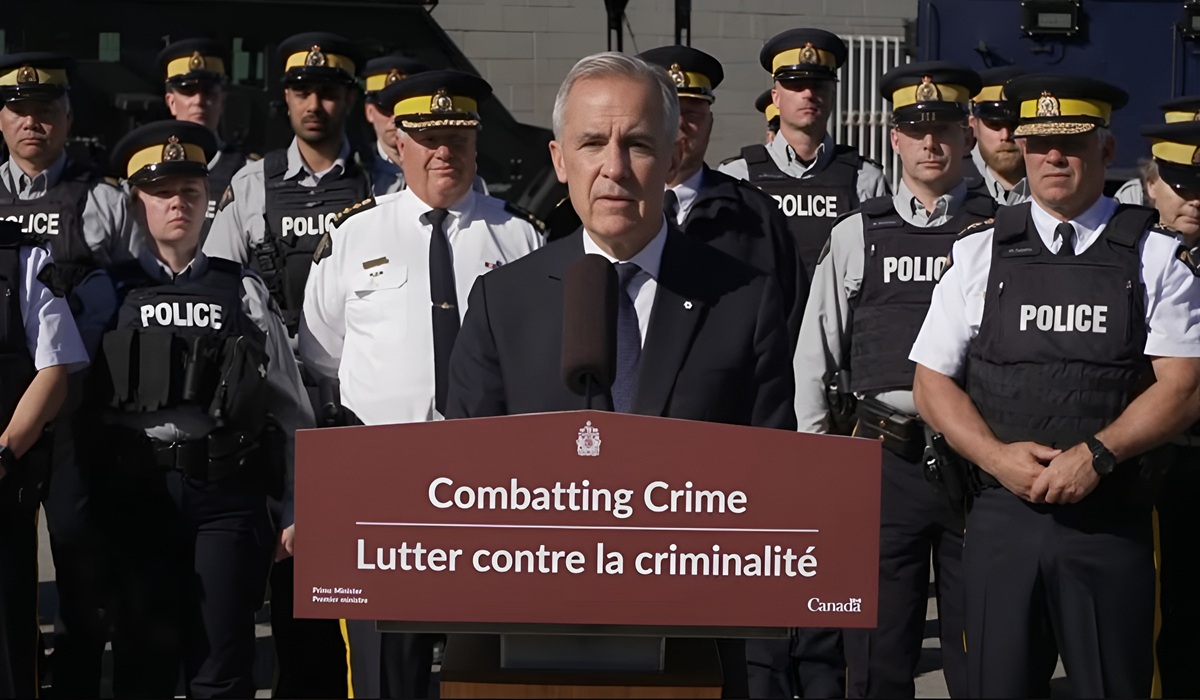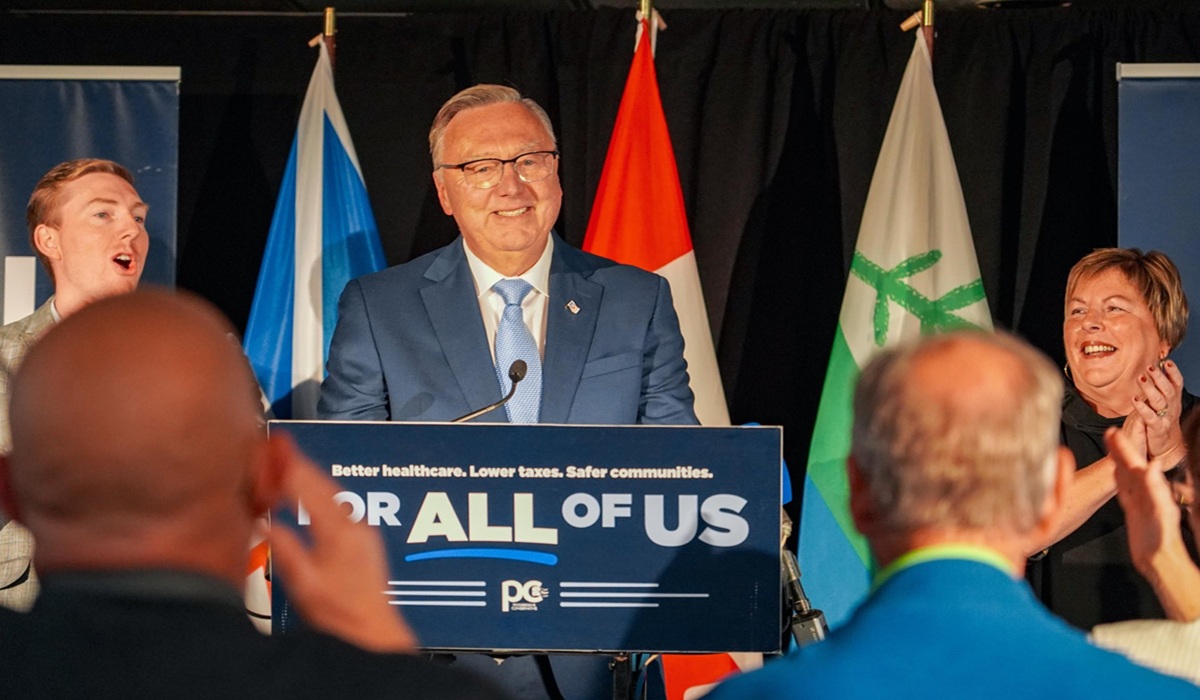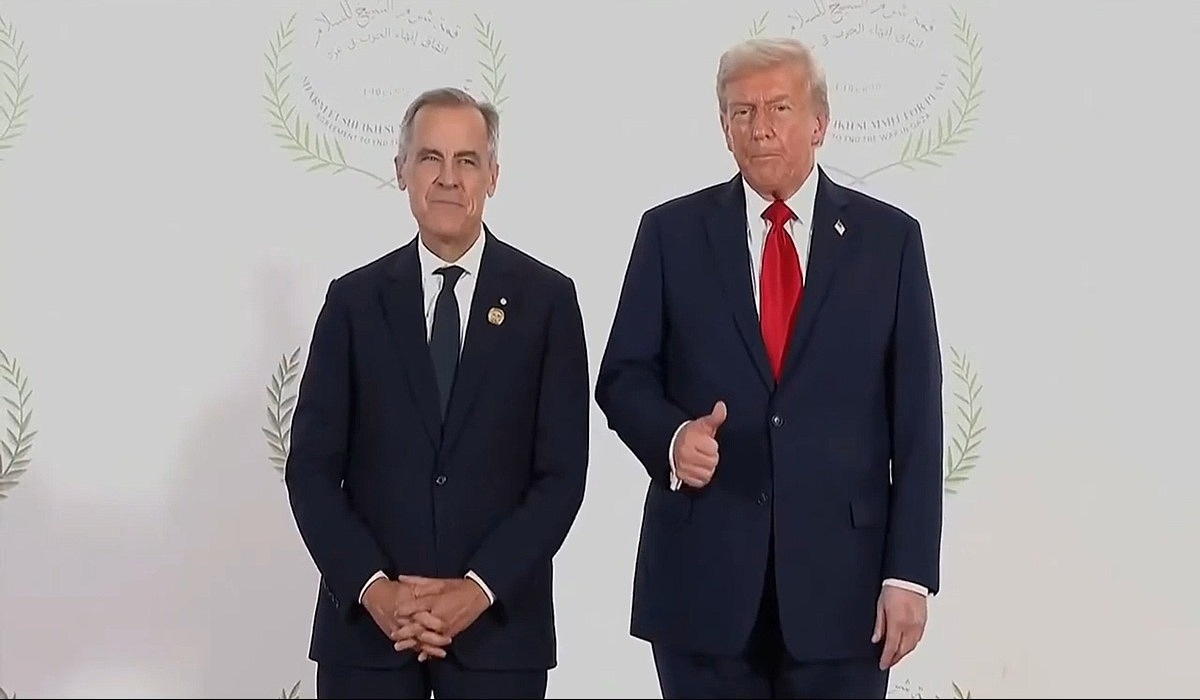Am I My Brother’s Keeper? Trust, Government, and the Invisible Guardians of Canadian Safety
- TDS News
- Canada
- July 18, 2025

Image Credit, Edna Rabago
In the quiet rhythm of everyday Canadian life—between commutes, careers, raising families, and making ends meet—there exists an unspoken pact: a trust placed in those elected and appointed to serve, protect, and guide. It’s not a handshake deal or a notarized agreement, but something deeper. Call it civic faith. Call it mutual responsibility. But at its heart lies the question: Am I my brother’s keeper? And perhaps more pressing—are those in power truly ours?
In Canada, we often take pride in our democratic institutions, our peacekeeping legacy, and our relative stability in an increasingly turbulent world. That pride is born from more than mere symbolism—it’s grounded in an infrastructure of trust, built over generations. From local councils to national intelligence agencies, countless men and women dedicate their lives to ensuring our safety and collective well-being. The scope of their work—most of which we never see, and likely never will—is vast, complex, and deeply human.
Trust is not a passive virtue. It is active. Dynamic. A symbiotic relationship that binds citizens to their institutions—and just as importantly, binds those institutions back to the people. It’s easy to speak of national pride, but pride without trust is hollow. Trust demands accountability, integrity, and transparency—not just from government to citizen, but citizen to government.
This mutual trust is not granted lightly. It’s earned—by those in uniform patrolling our borders, by cybersecurity experts thwarting silent digital threats, by policymakers crafting legislation with long-term impact in mind. These are not abstract roles—they’re tangible acts of stewardship that define what it means to serve. And while these individuals may wear the badge of public service, their duties are not self-contained. They are, in essence, our brothers and sisters—keepers in the truest sense.
Without trust, the very structure of Canadian society is vulnerable. Strip away the faith we place in our public health officials, intelligence services, municipal governance, and law enforcement, and what’s left is a fragile architecture—one gust away from collapse. Democracy is not simply a mechanism of votes and procedures; it is a living organism, nourished by mutual belief in its purpose and function.
Yet trust, once broken, is painfully slow to rebuild. History reminds us of the damage wrought by political scandal, abuse of power, or institutional negligence. These moments—rare but deeply impactful—shape public perception and, more dangerously, the narratives we begin to accept as truth. And when narratives rooted in cynicism replace those grounded in trust, society tilts toward disillusionment.
This is why perception management is not a vanity concern—it’s foundational. When government actions are misinterpreted or manipulated, when citizens begin to feel alienated from the very structures meant to serve them, a corrosive mistrust takes root. And it’s not just about optics. It’s about the real, human consequences of doubt—doubt in emergency response systems, doubt in public policy, doubt in judicial impartiality.
Narratives, once formed, are hard to shake. They evolve into collective memory, and collective memory influences voting, compliance, and civic participation. Mistrust breeds apathy, and apathy poisons the democratic process. So it is incumbent on government actors not only to act with integrity but to be seen doing so. Trust isn’t just a matter of ethics—it’s also a matter of optics, and both matter equally.
Canadians are not blind followers. We ask questions, we push for accountability, and we expect transparency. But with those expectations comes a responsibility of our own. Trust, after all, is reciprocal. Just as we expect our institutions to believe in the dignity of the citizen, we too must believe in the dignity of public service. That means resisting the temptation to assume malice where there is error, and to differentiate between systemic failure and human fallibility.
To serve one’s country, particularly in roles that demand confidentiality and sacrifice, is no small undertaking. When we speak of “our government,” we’re speaking of people—people who often go unseen, unthanked, and unheard. Yet their commitment forms the silent bedrock of Canadian life.
It’s important to remember that the overwhelming majority of work done by government security agencies, intelligence services, health departments, and defense personnel happens without ceremony. There are no press releases for the cyberattack that never reached our systems, the public health threat that was neutralized before it became news, or the foreign adversarial move that was intercepted at the diplomatic level.
This behind-the-scenes vigilance requires not just technical skill, but moral clarity. And in those corridors of power—be they parliament or precinct—respect isn’t demanded; it’s earned. Canadians, on the whole, understand this, even if they rarely voice it. That silent appreciation may not trend on social media, but it forms a quiet consensus: we trust, even when we don’t know the full picture, because the track record—though imperfect—is ultimately one of protection and care.
But when that trust is broken, especially by those who were put into power by the very people they swore to serve, the consequences are not just political—they are moral. It’s not a minor misstep. It is a betrayal. The media, civil society, and ordinary citizens do not—and must not—shrug this off. There is no redemption through spin, no second chance to justify negligence when people’s rights, safety, or dignity are compromised. Trust once broken, particularly in the context of power and responsibility, is often unforgivable in the eyes of a public that feels deceived. The cost is steep: not just in damaged reputations or failed policies, but in eroded legitimacy and a public that no longer believes.
When our institutions, elected leaders, or protective agencies overstep, fail, or act in self-interest rather than the public good, it’s not enough to apologize. Accountability must be swift, thorough, and unrelenting. Because if the people cannot trust the people they’ve entrusted, the entire premise of democratic governance becomes unsound. And that collapse isn’t theoretical—it affects every policy, every emergency, every law passed in good faith.
In an era defined by polarization, it’s easy to assume that partisanship undermines good governance. And yes, political gamesmanship does occasionally erode public confidence. But beneath the surface battles of party platforms lies a deeper truth: the machinery of government—its public servants, legal structures, safety institutions—often operates independently of political theater. The systems built to safeguard Canadians are largely nonpartisan, and their mission is simple: serve the people, first and always.
That mission doesn’t change with a new administration, nor should our trust be so easily swayed by election cycles. The truth is, regardless of which party holds power, the foundational belief remains: Canadians come first. And that belief, codified into our institutions, is the quiet answer to the question: Am I my brother’s keeper?
Yes. We are. And so are they—until they choose not to be. And when that line is crossed, Canadians will remember. And they will hold them to account.

